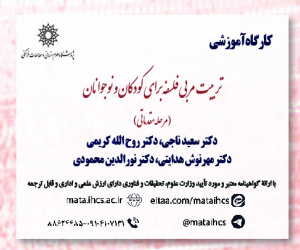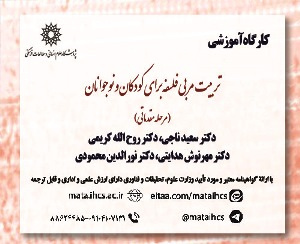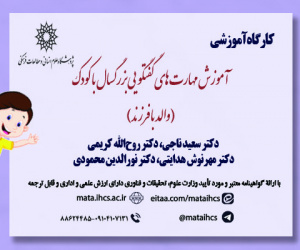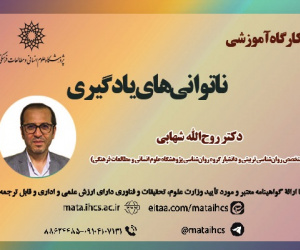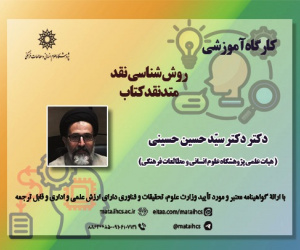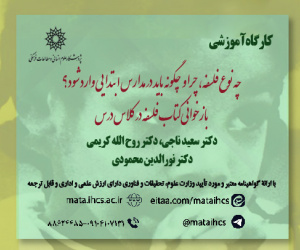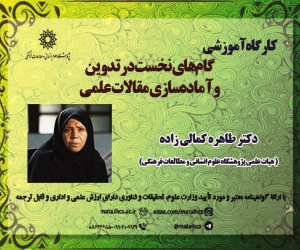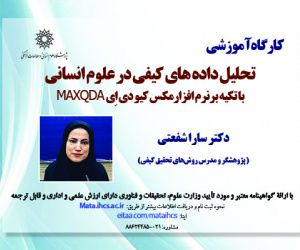امکان سنجی رویکرد شرقی به حقوق بشر؛ با تمرکز بر موردپژوهی نوع کنشگری پنج کشور آسیایی در قبال نظام حقوقی بین المللی مربوط به حوزه زنان و خانواده
آرشیو
چکیده
حقوق بشر در دنیای معاصر یکی از مهم ترین مباحث علمی و اجتماعی است. با وجود شکل گیری نظام بین المللی حقوق بشر با سازوکارهای نظارتی و اجرایی مشخص، دولت ها و دیگر بازیگران بین المللی، رویکردهای متفاوتی در سطوح ملی و جهانی اتخاذ کرده اند. برخی دولت ها و جریان های فکری غربی، مغرب زمین را منشأ اصلی شکل گیری و توسعه مفاهیم حقوق بشر معرفی می کنند که این دیدگاه، واکنش هایی را از سوی سایر فرهنگ ها و جوامع برانگیخته است. در چنین شرایطی، بررسی ظرفیت های رویکرد شرقی به حقوق بشر از منظر علمی و عملی اهمیت می یابد. هدف این پژوهش، بررسی امکان وجود یک رویکرد شرقی در حوزه حقوق بشر و ظرفیت های آن در راستای توسعه عدالت، صلح و همبستگی جهانی است. پژوهش حاضر می کوشد تا از گذر موردپژوهی، نوع کنش و واکنش 5 کشور آسیایی در قبال موازین بین المللی حوزه حقوق بشر زنان و خانواده، این پرسش را مورد واکاوی قرار دهد که آیا می توان با شناسایی نوع نگاه و عملکرد جمعی از جوامع شرقی در یک زمینه خاص از مباحث حقوق بشر، این احتمال را قوی دانست که موجودیت رویکرد شرقی به حقوق بشر محرز است و آیا می توان از ظرفیت های آن برای توسعه عدالت، صلح و همبستگی انسانی در سطح جهان بهره برد. این مطالعه با روش توصیفی-تحلیلی و بر پایه استدلال استقرایی و تجزیه وتحلیل حقوقی اسناد معتبر بین المللی انجام شده است. یافته ها نشان می دهد که در این حوزه، دو دیدگاه افراطی و تفریطی قابل رد است و می توان با حفظ تنوع فرهنگی و هویت شرقی، در مسیر تأمین مشارکت عادلانه جهانی و همگرایی بین المللی حرکت کرد. این پژوهش ضمن ارائه چارچوب هایی برای سیاست گذاری هوشمندانه، افق های جدیدی را برای مطالعات گسترده تر در راستای تحقق نظم عادلانه تر ملی و بین المللی و ملتزم به رعایت حقوق انسانی می گشاید.Feasibility Study of the Eastern Approach to Human Rights; Based on Activism Type of five Asian countries ‘Case Study Towards the International Law related to Women and Family
Human rights in the contemporary world is one of the most crucial scientific and social issues. Despite the formation of the international human rights law with specific monitoring and enforcement mechanisms, States countries, other international actors and agents have adopted different approaches toward it at the national and global levels. Some Western states and intellectual movements introduce the West as the main source of the formation and development of positive human rights concepts and issue, having provoked reactions from other cultures and societies. In such circumstances, examining the capacities of the Eastern approach towards human rights has become so prominent from a scientific and practical perspective. The aim here, is to examine the possibility of an Eastern approach to human rights and its potential capacities in the direction of developing justice, peace and global solidarity. The current study attempts to evaluate, through a case study, the type of actions and reactions of five different Asian countries towards international standards in the field of human rights regarding specifically women and the family, the real question to respond here is whether there is any possibility to identify the type of collective view and action of Eastern societies in a specific field of human rights issues, either to consider the certainty of the existence of an Eastern approach to human rights or its capacities seem to develop justice, peace and human solidarity worldwide. This study was truly conducted with a descriptive-analytical method and based on inductive reasoning and legal analysis of valid international documents. The outcome shows that, two extreme and discriminatory views in such sector can be rejected and is possible to move towards ensuring fair global participation and international convergence by preserving cultural diversity and Eastern identity. This research, while providing frameworks for intelligent policymaking, opens vividly a new horizon for broader studies towards achieving a more just national and international order committed to respecting human rights.
